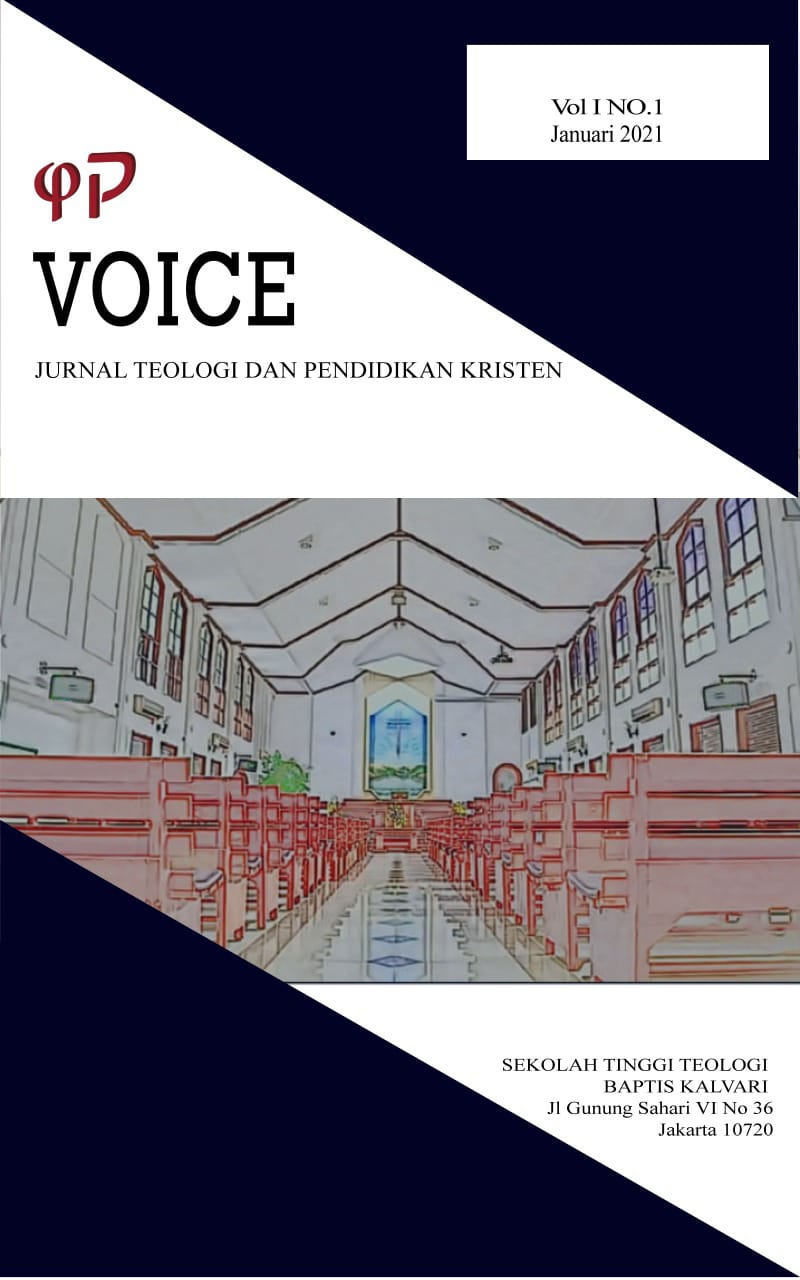SOSIO-TEOLOGIS: Konsep Umat Pilihan Allah dalam Penaklukan Bangsa Kanaan (Ul 7:1-11) sebagai Representatif Sikap Gereja terhadap Pluralitas
DOI:
https://doi.org/10.54636/ds7k3327Keywords:
Israel, socio-theology, church, pluralismAbstract
The concept of Israel as “God's Chosen People” has become a predicate for the church, as the embodiment of its identity and existence. However, amidst the challenges of religious pluralism, sociocultural and the reality of multiculturalism today, the concept of God's chosen people is under very strong pressure. Although it aims to show its existence and identity in real terms, the reactions that appear tend to refer to an exclusive religious attitude ever assessing its social relations with other religions.
In Deuteronomy 7: 1- 11, its contextual relevance to the life of the Church in the
context of a plural society is not on the uniqueness of God's chosen people “that God has chosen Israel” (verse 6) but on "because God loves" and “because God is faithful”. So that the interpretation of the concept of the chosen people of God departs from the reality of God's love and faithfulness, it means that there must be an effort to break down theological and doctrinal "walls" that have hindered the Church from building its sociological and theological relationships with different societies.
The church establishes its theological identity as an open and communicative chosen people of God. Sociologically, such an identity is not something static but is constantly moving and developing, precisely because it has an open structure. This is
where the specificity of an open identity, namely the fact that it is moving, is always in the process of becoming, is always evaluating and transforming itself. Throughout this whole act, the Church as God's people remains theological identity and consistent with the calling of Missio Dei.














